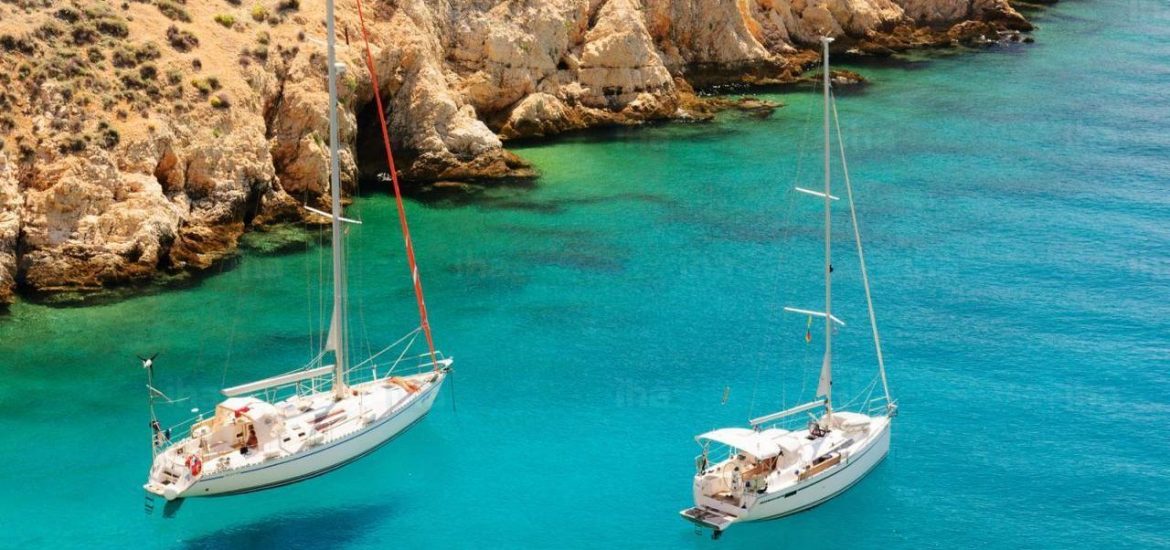
The Croatian gas authorities say a disappointing number of binding bids have been received for the use of a planned floating liquefied natural gas (LNG) terminal off the Adriatic coast.
“We received binding bids for terminal capacity amounting to 0.52 billion cubic metres [bcm] of gas. We also have non-binding bids for an additional 0.3 bcm,” said state-owned LNG Croatia.
The bids deadline has already been extended twice this year.
“On the basis of received bids, we will now test the economic viability of the project. Depending on the result, a decision on a potential model for this terminal will be made,” LNG Croatia added.
The proposed terminal on the island of Krk (pictured) is being partially financed by the EU as part of efforts to diversify away from dependency on Russian gas.
The EU’s gas import requirements are estimated to grow from 200 bcm in 2016 to 290 bcm in 2022.
The island terminal is due to cost €250 million with Brussels providing more than €120 million.
But Croatia estimates its total investment costs, including pipelines and compressor stations, at about €1 billion.
Last month, Croatia picked Golar Power Ltd to provide a storage vessel and regasification operation with an annual gas capacity of 2.6 bcm.
An operational start date was set for January 2021 in the hope it would produce the equivalent of Croatia’s annual gas consumption, with additional LNG supplies potentially coming from Azerbaijan, Russia and the US.
Akos Losz of the Centre on Global Energy Policy at Columbia University said Croatia already received Russian gas at competitive rates and countries in the region tended to be less averse to Russian gas dependency than Poland and the Baltic states. This meant they would probably be less willing to pay extra for LNG, Losz added.
“My guess is that buyers in the region will decide simply on the basis of who offers the cheapest and most flexible LNG in the market at the time,” Losz told the media.
Croatia consumes about 3 bcm per year of gas and domestic production has fallen in recent years to around 40 per cent of its requirements.
Although Croatia has tried to construct an LNG terminal for several years “there is not sufficient gas demand in Croatia to support the import terminal itself,” said Fred Hutchison of LNG Allies. “Whoever is going to build, finance and run it and hopefully make a profit, has to understand where gas demand can be secured.”
Krk. Picture credit: Wikimedia





